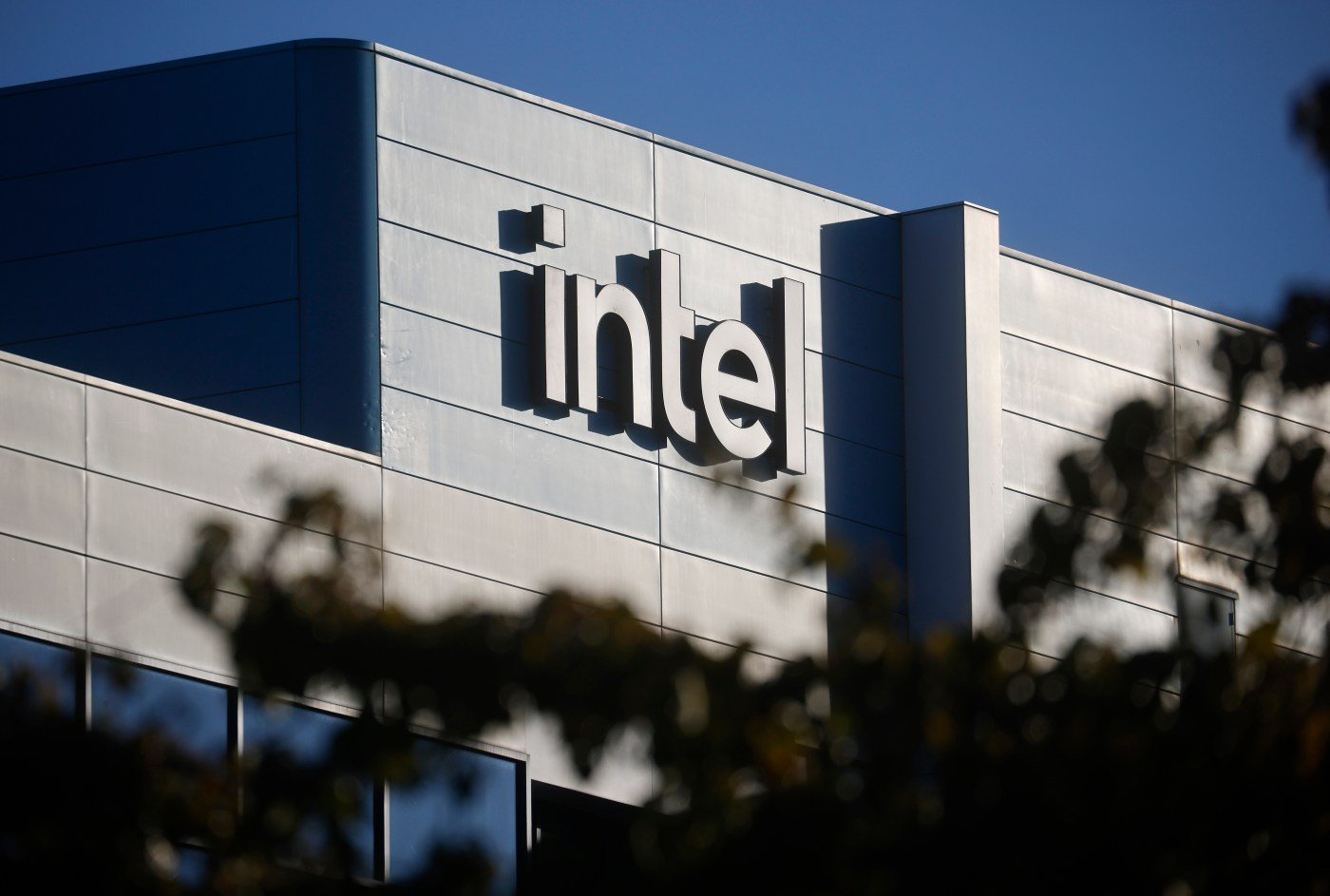At first the software engineer did not succeed in making off with a trove of Santa Clara computer chip giant Intel’s trade secrets, but then he tried again.
Jinfeng Luo, at Intel since 2014, had been told July 7 his job at the company would be terminated, effective July 31, according to a lawsuit Intel filed against him Friday.
Related Articles
Intel rallies after forecast signals a comeback Is underway
Intel faces high earnings bar as stock soars and cash pours in
H-1B visa fees, tariffs, a stake in Intel? How Silicon Valley has fared under Trump
Intel is seeking an investment from Apple as part of its comeback bid
Nvidia to invest $5 billion in Intel; companies will work together on AI infrastructure and PCs
Eight days before his employment was to end, Luo allegedly hooked up an external hard drive to his Intel laptop, but when he tried to download a file, the company’s internal controls blocked the transfer, the lawsuit claimed.
Five days later, the lawsuit alleged, Luo deployed a different technology, a more sophisticated gadget that resembles a small computer server, called a network storage device.
Over the next three days, Luo downloaded nearly 18,000 files, including some labeled “Intel Top Secret,” the lawsuit in Washington State court said.
It was unclear Wednesday if Luo had a lawyer representing him in the case, and he could not immediately be reached for comment.
Intel, accusing Luo of breaking federal and state trade-secrets laws, is seeking at least $250,000 in compensation from him. The company also wants a court order forcing Luo to hand over his personal electronic devices for inspection, and requiring him to give the company its allegedly misappropriated confidential information.
The Santa Clara chip maker, outshone in the public eye by its consumer-facing Silicon Valley neighbors Google, Apple and Facebook — received a turn in the national spotlight over the summer when President Donald Trump announced that the federal government — using previously issued but mostly unpaid grants and funding pledges — was taking a 10% stake in the company.
The lawsuit did not make clear why Luo, of Seattle, was terminated from his job. Intel said in a June regulatory filing that it planned to slash its workforce by 15% this year.
Intel detected Luo’s alleged data transfers and launched an investigation, the lawsuit said.
For almost three months, the company tried to reach Luo — a rundown of Intel’s efforts to contact him takes up two pages of the 14-page lawsuit — but he never responded to the phone calls, emails and letters, the lawsuit claimed.
“Luo has refused to even engage with Intel,” the lawsuit claimed, “let alone return the files.”





